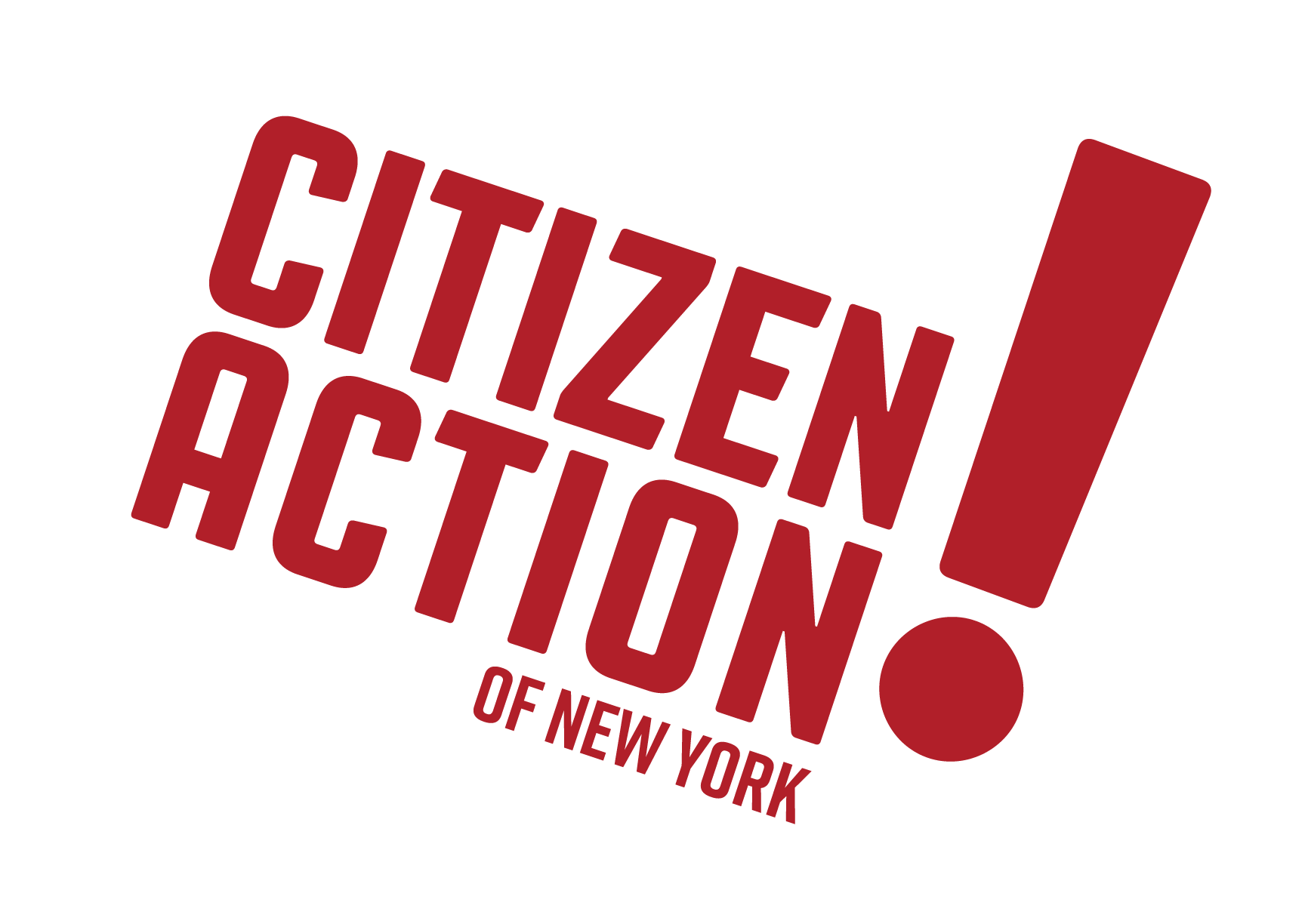An Op-Ed previously published on timesunion.com, written by Richard Kirsch
 New York’s long history of bipartisan leadership on health care got swept under the rug at the end of the legislative session when Senate Republicans blocked passage of a key step toward implementing health care reform, giving into the tea party hysteria about “Obamacare.” The losers are millions of New York families and small businesses that stand to benefit from lower health insurance costs.
New York’s long history of bipartisan leadership on health care got swept under the rug at the end of the legislative session when Senate Republicans blocked passage of a key step toward implementing health care reform, giving into the tea party hysteria about “Obamacare.” The losers are millions of New York families and small businesses that stand to benefit from lower health insurance costs.
The health care law gives states the key responsibility for setting up the new marketplaces — or exchanges — that will make health coverage more affordable to millions of New Yorkers who now must buy health coverage on their own or who are uninsured, and to small businesses.
In May, the Cuomo administration held hearings around the state on setting up the exchanges. Just before the end of the legislative session, Cuomo circulated a bill and two key Republican senators drafted their own proposal. The Assembly passed a bill of its own, but the Senate left without acting after the Republican majority balked.
Some of its members declared that passing a bill would be “buying into ‘Obamacare,'” in the words of Senate Majority Leader Dean Skelos.
The Senate’s failure to move forward threatens an opportunity to make health coverage more affordable to millions of New York families and small businesses. We only need to look to Massachusetts to see the potential for reining in insurance rate increases and expanding coverage.
Three years after Massachusetts implemented a health care law that is the model for the national law, 98 percent of its residents have coverage, compared with 85 percent of New Yorkers. Individuals and small businesses can buy their coverage through an exchange that offers choices of affordable coverage and has held rate increases to only 5 percent a year, much less than the national average, where double-digit increases are common.
Massachusetts held down those increases by doing two things. First, it blocked anyone representing a financial interest in health care — including insurance companies, doctors and hospitals — from the exchange’s governance. Second, the Massachusetts exchange aggressively bargains lower rates from insurance companies while insisting on higher quality standards.
If Senate Republicans don’t agree to set up exchanges, New York will surrender its ability to shape how the law works. Instead the federal government will set up the exchange, and the state will lose more than $100 million in federal funding.
Gov. Andrew Cuomo has demonstrated that he can effectively use his bully pulpit to pass controversial legislation. With several big issues under his belt, it’s time that the governor step out on another key issue and push the Senate Republicans to put affordable health coverage for millions of New York families and small businesses ahead of the tea party and the health insurance industry.
Richard Kirsch is a senior fellow at the Roosevelt Institute, a think tank that includes the Franklin Delano Roosevelt Presidential Library and Museum in Hyde Park. He was national campaign manager of Health Care for America Now during the legislative battle to pass reform. His book on the health reform campaign will be published in 2012.
